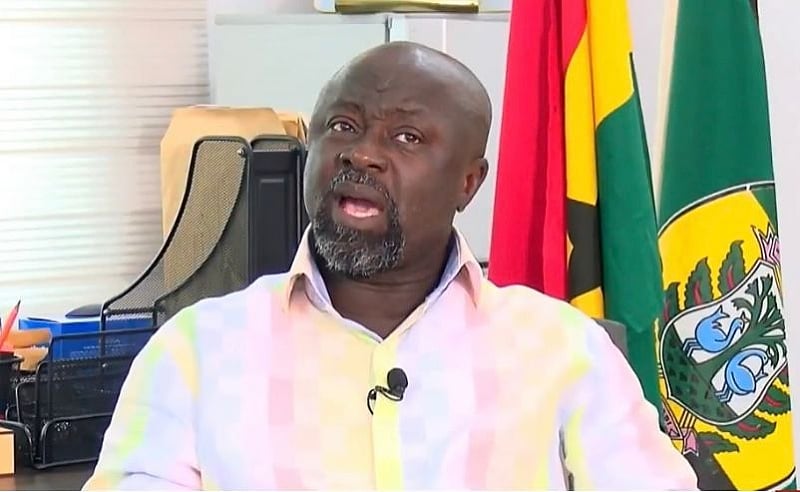The Kumasi Metropolitan Assembly (KMA) finds itself grappling with a substantial debt burden, exceeding GHS 300 million, including over GHS 142 million in judgment debts. This predicament, according to Kumasi Mayor Richard Ofori-Agyeman Boadi, stems from irresponsible contract management practices inherited from previous administrations. These practices have hampered the Assembly’s financial stability and its ability to deliver essential services to the Kumasi metropolis, hindering its development agenda. The Mayor highlighted the urgent need for debt restructuring and innovative solutions to address this challenge and restore the KMA’s financial health.
A significant portion of the KMA’s debt burden arises from poorly managed contracts, particularly in the waste management sector. Contracts were often terminated prematurely without adhering to proper procedures, leading aggrieved contractors to pursue legal action. The subsequent court judgments, combined with accumulating interest, have significantly inflated the Assembly’s debt. One example cited by the Mayor involved a seven-month waste management contract that was abruptly terminated, resulting in a costly legal battle and a substantial judgment debt. This illustrates a pattern of inadequate contract negotiation and termination practices that have placed a heavy financial strain on the KMA.
The accumulation of judgment debts has reached a critical level, exceeding GHS 142 million. This figure represents only a portion of the KMA’s total indebtedness, estimated to be between GHS 300 million and GHS 400 million. The Mayor emphasized that the continuous accrual of interest on these debts, calculated on an amortization basis, further exacerbates the problem. This financial burden severely restricts the Assembly’s capacity to invest in essential services, development projects, and infrastructure improvements within the Kumasi metropolis.
The Mayor acknowledged the gravity of the situation and outlined the Assembly’s commitment to exploring various strategies for debt restructuring and repayment. This will necessitate a thorough review of existing contracts, improved negotiation practices, and a commitment to adhering to due process in all contract terminations. Further, the KMA will likely need to explore external funding options and partnerships to address the debt burden effectively. Successfully navigating this financial challenge is crucial for the Assembly to regain its financial stability and fulfill its mandate of providing essential services to the residents of Kumasi.
The KMA’s financial woes underscore the importance of sound financial management practices in local governance. The consequences of poorly managed contracts and accumulating debt can severely restrict a local government’s ability to deliver essential services and implement its development agenda. The Mayor’s revelations serve as a cautionary tale for other local governments across the country, emphasizing the need for transparency, accountability, and adherence to due process in all contractual agreements. Furthermore, it highlights the necessity of proactive debt management strategies to prevent financial crises and ensure the smooth functioning of local government operations.
Moving forward, the KMA must prioritize financial prudence and implement measures to prevent a recurrence of similar situations. This includes strengthening internal controls, enhancing contract management procedures, and fostering a culture of accountability within the Assembly. Furthermore, the KMA should explore innovative solutions for revenue generation to improve its financial position and reduce its reliance on external borrowing. By addressing the root causes of its current financial challenges, the KMA can pave the way for a more sustainable and prosperous future for the Kumasi metropolis.














